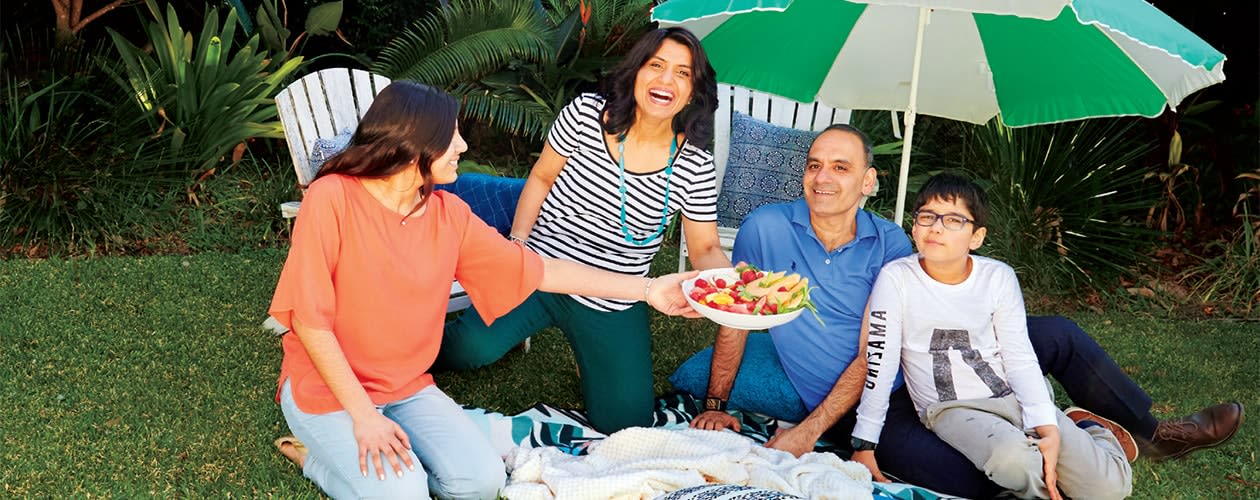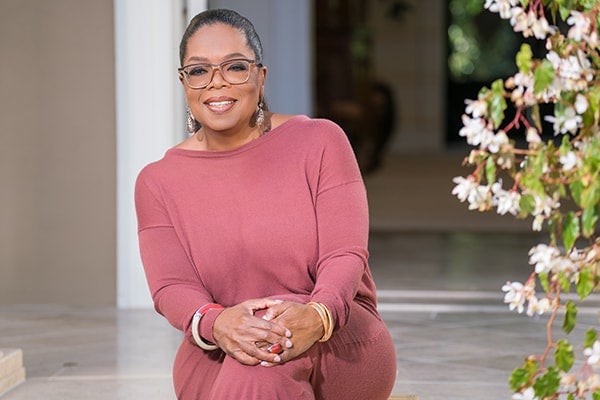How to practice gratitude


The benefits of gratitude: A guide to being thankful
These days, it’s hard to scroll through your social media feed without seeing expressions of gratitude – #thankful, #blessed, #sograteful… But true gratitude goes deeper than a quick hashtag on a post on social media – and it can have far-reaching benefits.
“Research has shown that experiencing gratitude – feeling thankful towards another person or entity for favours done for you or things you have – has a suite of positive outcomes, ranging from physical and mental health to healthier and happier social relationships,” says Dr Lisa Williams, a psychologist at the University of NSW.
Several studies have found the many benefits of gratitude, encompassing everything from:
- fewer physical illness symptoms and a healthier lifestyle
- reduced mental illness
- enhanced empathy
- reduced aggression
- increased mental strength
- improved sleep
Gratitude reduces a multitude of toxic emotions, such as stress, envy and resentment, while enhancing positive ones, such as feelings of optimism and peace.
Gratitude can build relationships
In one of her own studies in 2014, Dr Williams found being thankful is also likely to win you more friends. “My research shows expressions of gratitude serve to build potential relationships. If someone has done a favour for you and you thank them, they are more likely to invest in you as a relationship partner,” she explains. She says the benefits of expressing gratitude are also felt in established relationships – by both parties.
“Expressing gratitude has been shown to benefit not only the expresser but also the person being thanked. Relationships where gratitude is expressed tend to be happier and healthier.”
Practicing mindfulness
Dr Williams explains the benefits of gratitude are a step above the social tenets that makes us say thank you when someone serves us a coffee, although politeness and manners are essential facets of a well-functioning society. “We often say thank you, not necessarily feeling the emotion of gratitude. Gratitude is about learning how to cultivate this emotional experience.”
Dr Williams likens cultivating gratitude to the practice of mindfulness, in that it requires us to take a step back from our busy lives and get out of the habit of rushing from one task to the next without reflection.
While some of us are naturally wired to experience gratitude – with a 2014 article in the journal Social Cognitive and Affective Neuroscience identifying a gene associated with gratitude – for many, it takes more effort.
The power of journaling
The most common exercise to assist in cultivating gratitude is to keep a gratitude journal, where you take time, either daily or weekly, to think about and write down the things you are thankful for. Not only does this provide a forum for introspection to focus on the things that matter, but “over time it builds a habit of thinking about those types of things”, says Dr Williams.
To appreciate the power of a gratitude journal, look no further than Oprah Winfrey. The media mogul and WW spokeswoman was an early adopter of gratitude journaling – but she only really appreciated its power when she stopped doing it.
“I wondered why I no longer felt the joy of simple moments… I had accumulated more wealth, more responsibility, more possessions; everything, it seemed, had grown exponentially – except my happiness,” she says. “How had I, with all my options and opportunities, become one of those people who never have time to feel delight? I was stretched in so many directions, I wasn’t feeling much of anything. Too busy doing.”
So Oprah returned to what she knew had changed her life before, chronicling all she’s thankful for, a practice she says is one of the most powerful things she’s done.
“Appreciating what shows up in your life changes your personal vibration,” says Oprah. “Gratitude elevates your life to a higher frequency. You will radiate and generate more goodness when you bring your attention to what you have and stop focusing on what you don’t.”
Starting out small
Can’t imagine being able to find a year’s worth of things to be thankful for? It’s important to delve deeper to experience gratitude for the small, seemingly insignificant things we experience each day.
Once you are more attuned to internal gratitude cultivation, you can start trying more external expressions. Dr Williams suggests writing a letter, “where you show your gratitude to someone for something you’ve not previously expressed gratitude for”. She says the act of writing the letter will bring wellbeing benefits, but the benefits are increased when the letter is delivered to the intended recipient.
If the thought of sending a gratitude letter fills you with horror, that’s fine, too. “Engaging in gratitude practice requires some introspection about who you are and what works best for you,” says Dr Williams. Cultivating gratitude is your own personal journey of discovery – and that’s something to be thankful for.
